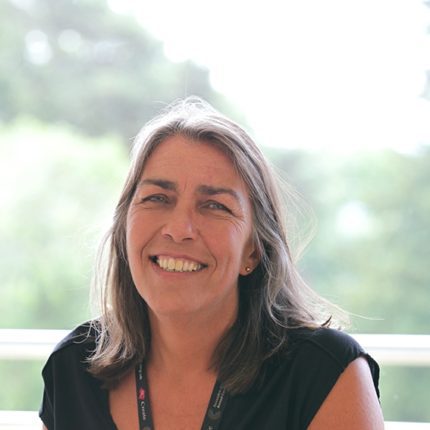Students face a range of challenges in the transition from school to university. Student Minds, the UK’s student mental health charity, have developed a new set of resources and are partnering with UCAS to raise awareness that help is at hand.
As prospective students apply to enrol in the course of their choce, they’re often focussed on the grades they need to secure a place at university or college. Those who support pre-entry students say that this focus on academic attainment leaves little room for developing life skills and the transition to becoming independent adults.
Real struggles
There is ample evidence to suggest that young people are increasingly struggling with the preparation needed to to navigate their way through one of life’s great transition points – going to college or university. Whether that be coming to terms with increased academic pressures and independent learning, living situations, managing their own finances for the first time or the inevitable changes in relationships.
For those young people with a diagnosed mental health condition, this time of change can be further impacted by the changeover from Child and Adolescent Mental Health Services (CAMHS) into adult service provision. There’s also a likely change in their GP if they’re moving away from home. It can take time and planning to ensure that changes in care at a new location are in place from the beginning of term.
Well aware of these challenges, Student Minds is looking at the support students need and how to easily access it.
Inspiration from Canada
During a Winston Churchill Fellowship looking into mental health literacy initiatives in Canada and Australia, Student Minds’ CEO Rosie Tressler met with Canadian organisation TeenMentalHealth.Org.
It was clear that there are similarities in the two organisations’ approaches. Using the best scientific evidence available, TeenMentalHealth.Org develop professional learning programs, publications, tools and resources to enhance understanding of adolescent mental health. Particularly impressed by two of its resources that support pre-entry students and those in their first years of higher education, Student Minds brought revised and localised versions to the UK, with the support of the Southern Universities Network. ‘Know Before You Go’ provides age-appropriate guidance to young people before they leave school or college, and ‘Transitions’ contains information to support the first few years in HE.
Both resources help students to better visualise and prepare for their future, covering topics such as time management, relationships, identity, finances, sexuality and sexual activity, mental illness, suicide, addiction, and more.
The collaboration on this project has given Student Minds valuable insights into the processes of resource development and research methods used in Canada, which can be adapted to the UK experience.
Evidence informed
The first edition of Transitions was developed ten years ago to address sometimes uncomfortable but necessary topics of discussion. Each new edition is developed and produced with input from students, faculty, student service providers, mental health experts, unique group experience experts (such as those from LGBTQ+, sexual health, lived experience, and financial groups). The resources are then independently reviewed. In addition, the current version includes the findings of an independent survey of approximately 1,000 students who were asked what they wanted in such a resource and about their experiences of first year.
‘Know Before You Go’ was developed following feedback from school districts that wanted a resource to help students navigate some major decision making in the lead up to school graduation. It was developed with education professionals, content experts, community and youth groups and contains information on many topics including paying bills, study skills, sharing accommodation, identity, and more. Embedded throughout is how to maintain good mental health and how to seek help if needed.
In addition to the international insights we’ve gained, this project has been a catalyst for further collaboration across the UK. Relationships with schools and colleges have emerged and we’ve begun conversations about how education policy could formalise support during times of transition when it’s not uncommon for students to fall through the gaps.
Starting university can be an exciting time, but also one that’s full of unknowns. By promoting the resources available to students to support their mental health and wellbeing, Student Minds, UCAS, Department for Education, and various partners hope to help everyone flourish in their chosen course.
We’re calling on all education institutions, and their partners such as accommodation providers, to share these free, online resources with their students to help give them the best start to university life.














Schools are relatively less demanding. You may be good or bad student but your main goal is to finish the school. College or university is the matter of choice. Here your responsibility raises as you have chosen to study here therefore should be responsible for your choice.